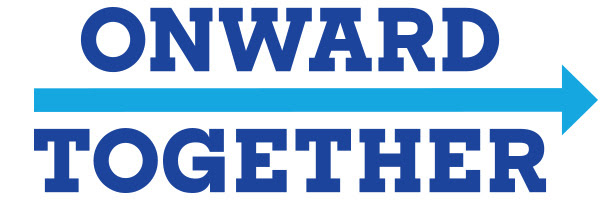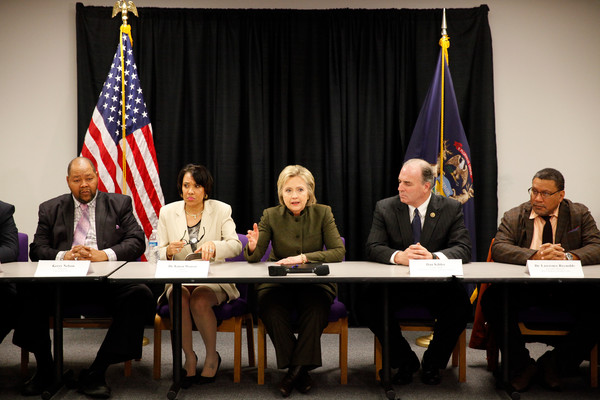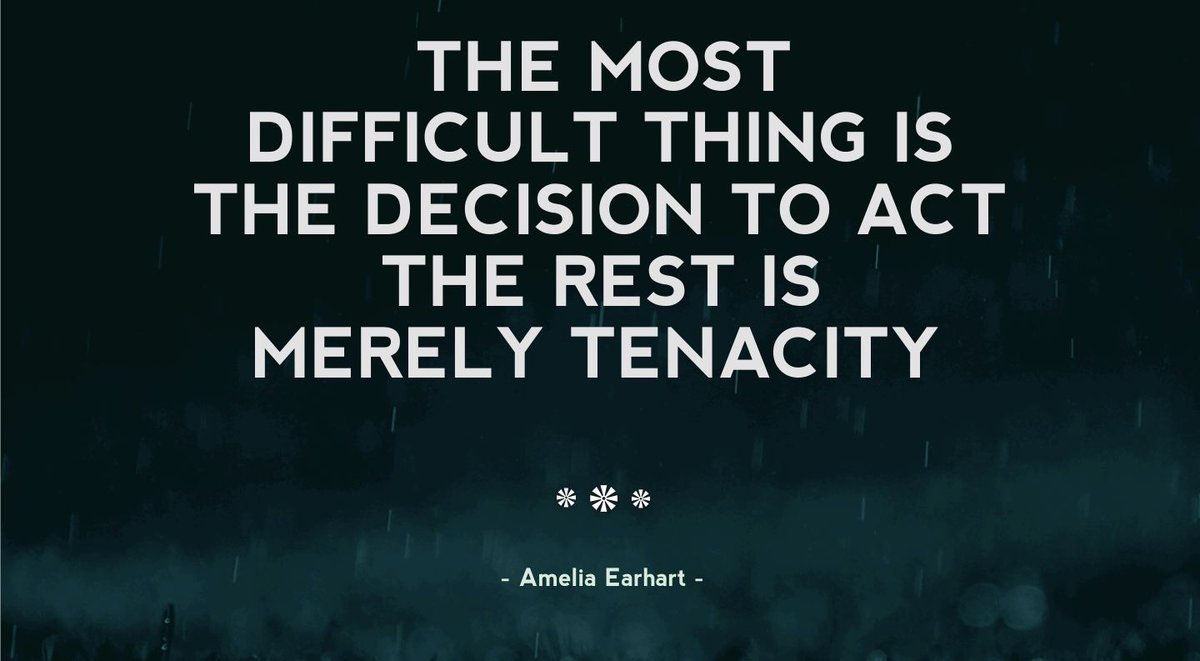The Benefits of Reading Aloud to Children
Reading aloud to children from birth has many benefits for both parents and children—and can be great fun! No matter how young, children can learn a lot when they are read to, and benefit a great deal from the cuddling and bonding that accompanies a reading session. In addition, the act of reading aloud to children is highly beneficial to both their vocabulary growth and in preparing them for school later on.
Even from birth, children are absorbing language by listening to their parents and caregivers talk, read and sing to them and others. When parents and caregivers read to their children, they help instill a love of learning and language in their children that helps build self-esteem, confidence and curiosity. According to research by the National Institute of Child Health and Human Development (NICHD), reading has been found to be the “single most important skill” for a productive life.
Unfortunately, according to Read Aloud 15 MINUTES, only 48% of young children in the United States are read to each day. And studies have shown that as many as 10 million children struggle with basic reading in school.
Parents and caregivers can inspire a love of books in their young children by reading books together every day, in any language. And it doesn’t matter how young the child is; even newborn babies show interest and excitement when their parents read simple books to them as they cuddle or nurse them, or when parents describe the pictures in a book during a short play session. No matter the book—and no matter the age—children will learn to love reading if it means spending more time with loved ones.
Resources for Sharing:
- Tips for choosing books for babies and toddlers, from ZERO TO THREE. Also, tips for reading aloud.
- Four ways to encourage a love of reading, from Parenting.
- Check out this list of favorite baby and toddlers books from NAEYC.
INFOGRAPHIC
This beautifully illustrated infographic has great info on reading aloud to children, and why it matters. >><
At White House Early Learning Summit, Partners Commit to Reaching Millions of Hispanic Families with Information, Tools and Resources to Promote Early Brain Development, Strengthen Early Literacy and Early Numeracy, and Reinforce the Benefits of Bilingualism
WASHINGTON, DC— Univision Communications Inc., the leading media company serving Hispanic America, announced a new commitment in partnership with Too Small to Fail, a joint effort of the Bill, Hillary & Chelsea Clinton Foundation and Next Generation, to help Hispanic parents and caregivers boost early brain development and improve early learning among Hispanic children from birth to age five. The commitment, unveiled in conjunction with today’s White House Early Learning Summit, builds on “Pequeños y Valiosos” (Young and Valuable), the joint campaign launched by Univision and Too Small to Fail in February 2014 that has since reached millions of Hispanic families with messages, tools and resources.
Univision and Too Small to Fail will deepen and strengthen “Pequeños y Valiosos” in 2015 by:
- Introducing new programming that integrates messages about early numeracy, the science behind early brain development and the benefits of bilingualism;
- Expanding reach to be more inclusive of fathers, grandparents and other caregivers with more than 200 million media impressions reinforcing the importance of talking, reading and singing to young children and highlighting the benefits of bilingualism;
- Providing no fewer than 100,000 Hispanic families with materials, tools, and resources on early literacy, early brain development and early numeracy, through digital content, a new interactive text messaging platform, mobile apps, and dozens of Univision-sponsored community events across the country;
- Developing and implementing new tools to empower Hispanic parents to better navigate relationships with childcare providers and assess the quality of childcare centers; and,
- Increasing the number of Hispanic families who have pledged to spend at least 15 minutes every day talking, reading or singing to their young children to over 35,000 families – representing at least 3.5 million hours pledged to these activities in 2015.
The expansion efforts will be greatly enhanced by a new collaboration between “Pequeños y Valiosos” and Vroom, an early learning initiative of the Bezos Family Foundation, to integrate Vroom’s positive brain-building messages, parent tools and technology into “Pequeños y Valiosos” in 2015. Vroom and “Pequeños y Valiosos” will empower families with actionable information about the science of early childhood; provide timely prompts to encourage brain-building interactions between parents and children; and deliver tools to help parents develop early numeracy skills in toddlers, as well as tips about how to incorporate more talking, reading, and singing to their children into their daily lives.
Throughout 2015, “Pequeños y Valiosos” will continue to provide Hispanic parents and caregivers with the latest news and information about early brain development and early learning, through regular news features produced by Univision News, special programming and public service announcements produced by the award-winning Univision Contigo community empowerment team, as well as free online resources for parents from Univision and a range of community partners at www.univision.com/educacion.
“Pequeños y Valiosos” is part of Univision Contigo, Univision’s community empowerment platform that delivers programs to support the U.S. Hispanic community in the areas of education, health, prosperity and civic participation. The Heising-Simons Foundation and the David and Lucile Packard Foundation provided financial resources to support the production of the “Pequeños y Valiosos” campaign in 2014.
This is the second time this year that Too Small to Fail has worked with the White House and early childhood community leaders to support early learning and help close the “word gap” — or, the disparity in words that children living in lower-income families hear and learn compared to those in higher-income families. In October, Too Small to Fail joined the White House Office of Science & Technology Policy, the U.S. Department of Health and Human Services (HHS), Urban Institute, U.S. Department of Education, and Institute of Museum and Library Services (IMLS) to highlight the ways that communities across the country are tackling this serious but solvable challenge.
Talking is Teaching in Tulsa

In March 2014, Too Small to Fail announced its first local campaign in Tulsa, Oklahoma, titled “Talking is Teaching”. The campaign was developed in partnership with the George Kaiser Family Foundation, as well as several other community organizations, businesses and individuals that are dedicated to improving the lives of children and families in the local Tulsa community and elsewhere.
This November, our partners rolled out the campaign with the help of hundreds of faith-based leaders, pediatricians, business owners, nurses, and medical facility administrators. These trusted messengers will educate parents about early brain development, and share why talking, reading and singing with children every day from birth is important to their learning and well-being. They will also distribute thousands of materials like books and clothing designed to increase communication between parents and their young children.
During the next few weeks, we will highlight some of these trusted messengers’ efforts on our Facebook page and on our website. Voices like that of Dr. Amy Emerson, a dedicated pediatrician who is also a champion of early literacy programs like Reach Out and Read. In our Q&A with her, Dr. Emerson explains that the best way that parents and caregivers can promote and support early literacy and language development is by integrating it into a daily routine.
There is much to be done in Tulsa and in other communities across the United States to ensure that all children can experience healthy, balanced lives and are prepared to enter school. But we know that with the help of dedicated community leaders—and the efforts of parents and caregivers—more children can meet their potential and succeed in the 21st century.
Listen
Dr. Amy Emerson describes how pediatricians are prescribing reading books to children to improve brain development and benefit children’s well-being. >>
Using Every Day Moments to Inspire Early Math Skills
Early math, like early literacy, helps build a foundation for later learning that prepares children for success in school and beyond. Many studies have shown that children who are exposed to math early in life do better in school and apply the math skills they learn to other learning. In fact, it appears that math—more than any other subject area—is a better predictor of future academic success.
The great news is that parents and caregivers can inspire a love of math in their young children using everyday moments. And it doesn’t require flash cards or rote memorization. Math is all around us, and parents and caregivers can use simple tools and activities to share with children important math concepts like shapes, sizes, number order and counting.
Even very young babies get basic math concepts like quantity and space, and are interested in understanding the math around them. Professor Deborah Stipek of Stanford University explains that young children learn best during playful, everyday activities, like counting toes at bath time or buttons on a shirt. At meal times, a parent or caregiver can point out shapes in their baby’s food or in the kitchen. Reading books and singing songs that have basic counting or rhyming patterns also help familiarize children with basic math skills.
Older toddlers enjoy learning math from fun activities like shape hunting or counting games. Once they learn basic skills like counting to ten, children enjoy being asked to find a set number of safe items around the house that match a certain number or shape.
And it is never to early—or late!—to get started. Parents and caregivers can help build math confidence and skill whatever the age of the child.
Resources for Sharing:
- Build early math skills with these simple math activities!
- Dozens of ideas from PBS on how to engage babies and toddlers in math activities.
- Information and ideas about how to build early math confidence, from ZERO TO THREE.
- Univision and Vroom announce a special collaboration with Too Small to Fail to improve early math, literacy and brain development among Hispanic kids from birth.
Video
Early math experts explain why it’s important to help children discover a love of math in this sweet, original Too Small to Fail video. >>





 Hillary Clinton
Hillary Clinton































